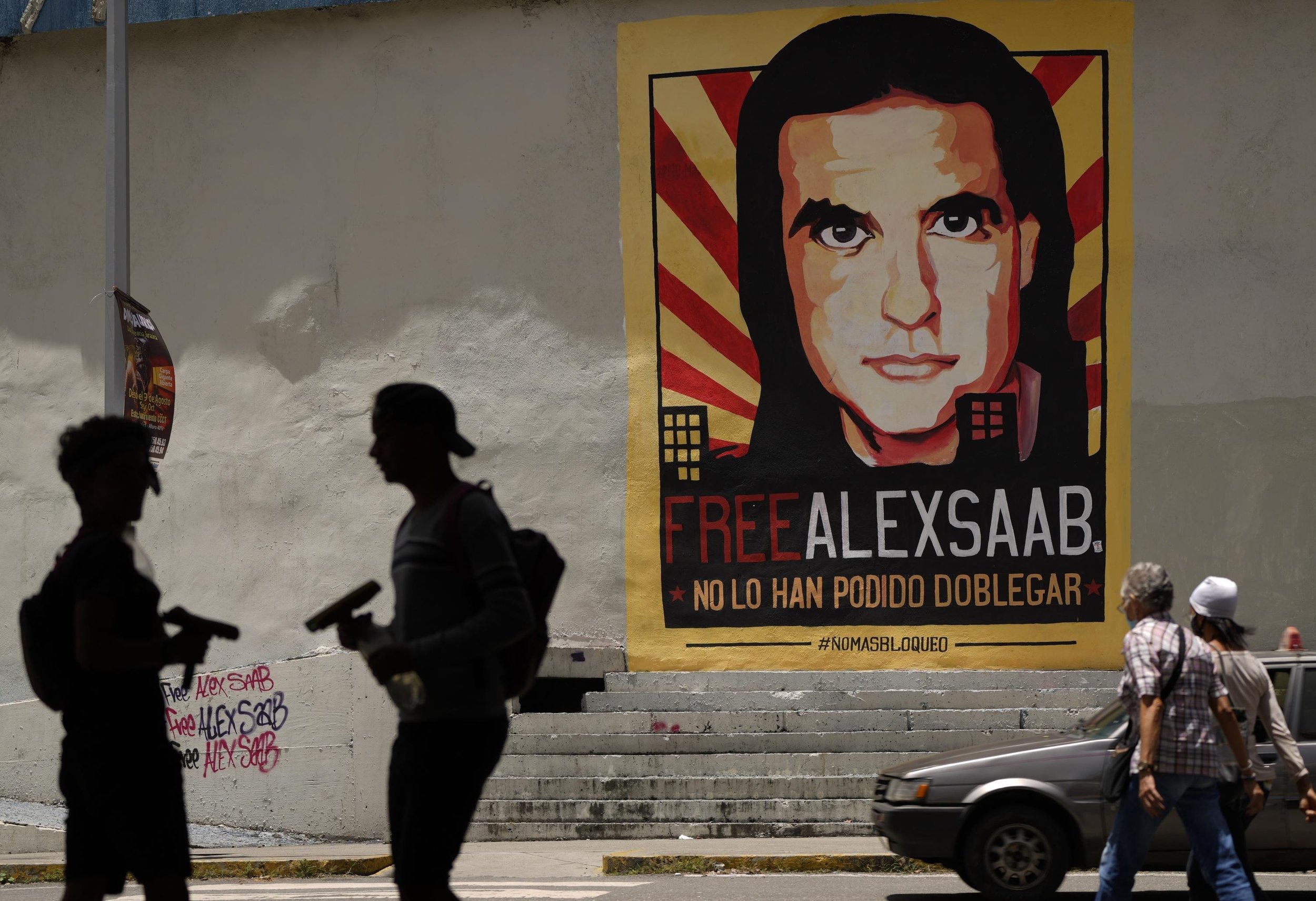
Cabo Verde - 75.90
40
The shining star of West Africa
Cabo Verde, by virtue of its separation from mainland Africa and the stability that comes with it, has escaped many of the issues that grip its mainland neighbors. The island’s natural beauty, paired with its relative wealth and stability, has drawn tourists from Europe which has greatly boosted the country’s economy compared to mainland neighbors like Guinea-Bissau and The Gambia. Despite this, Cabo Verde suffers from similar problems to their neighbors. Cabo Verde is the highest-scoring country to fail the health category and struggles with a fragile economy. While not corrupt by African standards corruption remains an obstacle to business and daily life in Cabo Verde. Verdeans struggle with unemployment and some 40% lack access to running water. Nepotism is a rampant and culturally acceptable practice. Despite this, Cabo Verde’s democracy is incredibly free and fair, and the country has one of the highest human rights scores in Africa.
Human Rights - 82
Cabo Verde has fully abolished the death penalty. Unlike most similar islands, Cabo Verde does not suffer from prison overcrowding, largely stemming from a maximum sentence of 25 years. Despite this, Cabo Verde does see occasional reports of guard abuse. Homosexuality is legal and LGBT receive discrimination protections but no other rights. Abortion is legal to twelve weeks.
Democracy - 96
The president is directly elected, while the prime minister is nominated by parliament and approved by the president. The prime minister holds most executive authority. Parliament is directly elected. Elections are free and fair with a strong multi-party system and an array of independent candidates. Vote-buying is not unheard of and solicitors will occasionally offer small rewards (snacks, gift cards, small amounts of money) for voting.
Freedom - 93
Cabo Verde maintains several unenforced laws prohibiting freedom of speech. An unenforced law prohibits criticizing political candidates after a certain point in political campaigns. All drugs are illegal but carry minimal sentences. In addition, drug laws often go unenforced and cocaine and cannabis smuggling are rampant. Cabo Verde may issue gun ownership licenses for semi-automatic rifles and handguns. Cabo Verde issues self-defense permits. Despite this, there are few guns in Cabo Verde.
Economy - 59
Health - 100
Cabo Verde has a life expectancy of 73 years and an infant mortality rate of 1.3%. 11.6% of Verdeans are obese and 12.6% are malnourished. Cabo Verde’s universal healthcare system sees full-service hospitals on six out of the country’s nine inhabited islands, and limited-service clinics on the other three. 60% of Verdeans have access to clean, running water, but this statistic is heavily reliant on the island that one lives on. Some islands have near 100% access while on others indoor plumbing is virtually nonexistent.
Corruption - 51
Many Verdean police are willing to allow drug smuggling to occur in exchange for bribes, which often come in the form of drugs. Some 40% of Verdean police are addicted to cocaine. Cabo Verde suffers from minor problems with embezzlement at low levels. Nepotism is both rampant and culturally acceptable, to the point that politicians who do not offer positions to family members are viewed as disloyal.
Competency - 53
The government is failing to provide for residents of the outer islands, leaving them without access to running water and healthcare. The government is also failing to repeal or use unenforced laws.
Future - 71
Cabo Verde’s tourism economy has expanded in recent years and has seen major investment and development. The Verdean economy suffered a major hit as a result of the COVID-19 pandemic but will likely recover quickly.
Actions Abroad - 100
Cabo Verde does not maintain an expeditionary military force, only a national guard and a coast guard. Cabo Verde was removed from the EU’s tax haven blacklist in 2020. Cabo Verde now applies taxes to foreign investors and companies. Cabo Verde is a member of the alliance of Lusophone states and generally maintains good relations with all of them. Despite this, Cabo Verde is isolationist and only ten countries (Angola, Brazil, China, Cuba, France, Germany, Portugal, Senegal, Russia, and the United States) maintain embassies in Cabo Verde.
7% of Verdeans live under the international poverty line and 27% live under the national poverty line. 13.41% of Verdeans are unemployed. Cabo Verde has a high economic disparity, largely stemming from wealthy Portuguese expats living on the island. The minimum wage in Cabo Verde is $115 per month. Cabo Verde’s universal healthcare system features six state-owned hospitals across nine inhabited islands. These hospitals are well-staffed but occasionally suffer supply shortages. The other three inhabited islands all have clinics with limited resources and capabilities. Cabo Verde’s economy shrunk 15% in 2020 and grew 5.7% in 2019.
